About chair
DEPARTMENT OF GENERAL PHYSICS AND QUANTUM NANOSTRUCTURES
RAU Department of General Physics and Quantum Nanostructures was founded in 2005.
In 2005-2012, it was headed by Prof. Eduard Ghazaryan, D.Sc.,Member of RA National Academy of Sciences. In 2012-2018, the Department was in the Institute of Mathematics and High Technology and was supervised by Prof. Hayk Sarkisyan. In 2018, Associate Professor David Hayrapetyan became Head of Department.
The Department supervises both the educational process and research activities in various areas of solid state physics.
Research
The Department realizes theoretical research in the field of semiconductor nanostructures. The main areas of research activities of the department are as follows:
- Theoretical study of electronic, Coulomb and spin characteristics (impurity and exciton) semiconductor nanostructures (quantum films, quantum wires, quantum dots)
- Investigation of the optical properties of semiconductor nanostructures
- Research of electronic and optical characteristics of metallic nanoparticles.
EDUCATIONAL PROCESS OF THE DEPARTMENT:
The Department offers programs at all levels of study: Bachelor's, Master's, Postgraduate and Doctorate.
Bachelor's:
- 11.03.04 Electronics and Nanoelectronics
- «Nanoelectronics»
- «Quantum informatics»
Master's:
- 11.04.04 Electronics and Nanoelectronics
- "Quantum and Օptical Electronics"
- 071301.00.7 Energy(Armenian sector)
- «071301.05.7Alternative energy»
Ph.D.:
- 01.04.10 Physics of Semiconductors
- 13.00.02 Methods of Teaching and Education (Physics)
Doctorate:
- 01.04.10 Physics of Semiconductors
The department is engaged in training specialists in the direction of training "11.03.04 Electronics and nanoelectronics" (both under the bachelor's program and under the master's program). Education is carried out in full-time form, the standard term for mastering the basic educational program of the bachelor's degree is 4 years, the master's degree is 2 years. Upon completion of training under the bachelor's program, graduates are awarded the qualification - bachelor's degree in Electronics and Nanoelectronics, under the master's program - master's degree in Electronics and Nanoelectronics.
The teaching staff of the department teaches general and special disciplines, included in the educational programs of bachelor's and master's degrees in the direction of preparation "11.03.04 Electronics and nanoelectronics".
Also, the teaching staff of the department teaches general and special disciplines included in the educational programs of bachelor's and master's degrees in the following areas of specialities:
The following laboratories are assigned to the department:
Educational Laboratories:
- Laboratory of Mechanics and Wave Processes (lecture room № 124)
In the laboratory on mechanics and wave processes, the movement of bodies and the interactions between them are studied.
- Laboratory of Molecular Physics and Thermodynamics (lecture room № 118)
The laboratory for molecular physics and thermodynamics studies the physical properties of bodies in various states of aggregation based on their molecular structure.
- Laboratory of Electricity and Magnetism (lecture room № 118)
In the laboratory of electricity and magnetism, knowledge of static electricity, electric currents and magnetic phenomena is studied and strengthened.
- Laboratory of Atomic and Quantum Physics (lecture room № 125)
In the laboratory of atomic and quantum physics, the structure and properties of atoms, ions and electronic configurations, as well as the elementary processes in which they participate, are studied.
- Laboratory of Optics (lecture room № 129)
The optics laboratory the nature of visible light, infrared and ultraviolet radiation, the properties of light and related phenomena are studied.
Research Laboratories:
- Research Laboratory of Mathematical Modeling of Quantum Systems (Wolfram Laboratory)
GRANTS:
| № | Project / grant name | Project code | Title | Head | Time Period |
| Active Grants | |||||
| 1. | Horizon 2020 WIDESPREAD-05-2020 Twinning Program, NanoQIQO | Twinning towards the Russian-Armenian University’s scientific excellence and innovation capacity in nanomaterials for quantum information and quantum optics | Hayrapetyan D.B. | 2021- up to now | |
| 2. | Funding for leading research of the Science Committee of Armenia | 21AG-1C022 | Theoretical study of the Coulomb, optical, thermodynamic and magnetic characteristics of quasitwo- dimensional colloidal CdS and CdSenanoplatelets | Sarkisyan H.A. | 2021- up to now |
| 3. | Funding for the starting of research groups or the strengthening of laboratories of the Science Committee of Armenia | 21SCG-1C008 |
Single Photons Sources and Entangled Photons Pairs Sources based on Coupled Colloidal Quantum Dots for Quantum Computing |
Hayrapetyan D.B. | 2021- up to now |
| 4. | Basic Science Funding Programs of the Science Committee of Armenia | 10-2/I-5 | Investigation of the physical properties of quantum nanostructures with complex geometry and different confining potentials | Sarkisyan H.A. | 2012- up to now |
| 5. | Armenian-Russian Research Collaboration Grant (Science Committee of Armenia) | 20RF-041 | Investigation of single-particle and multiparticle optical effects in Ge/Si quantum dots | Sarkisyan H.A. | 2021- up to now |
| 6. | Armenian-Russian Research Collaboration Grant (Science Committee of Armenia) | 20RF-048 | Controllable exciton transport in 2D hybrid organic-inorganic perovskites | Hayrapetyan D.B. | 2021- up to now |
| 7. | Armenian-Italian Research Collaboration Grant (Science Committee of Armenia) | AI-01/19 | Photophysical investigation of semiconductor quantum dots | Hayrapetyan D.B. | 2019-up to now |
| 8. | Student support program of the State Committee for Science of the Republic of Armenia | 20AA-1C007 | Optical properties of magnetobiexcitons in semiconductor quantum dots | Bleyan Y.Y. | 2021- up to now |
| 9. | Faculty Research Funding Program 2021 (PMI Science) | Colloidal Quantum Dots as Platforms for Quantum Information Science | Hayrapetyan D.B. | 2021-2022 | |
| 10. | Grant in the framework of RAU funding | - | Investigation of multiparticle and photoluminescent characteristics of semiconductor quantum dots and dashes | Kazaryan E.M. | 2016- up to now |
| Completed Grants | |||||
| 11. | ANSEF-2020 | 20AN:PS-nano-2205 | Theoretical and experimental investigation of optical properties of biexctons in quantum dots | Hayrapetyan D.B. | 2020- 2021 |
| 12. | Thematic Science Funding Programs of the Science Committee of Armenia | 18T-1C062 | Исследование трионных и биэкситонных структур в полупроводниковых квантовых точках | Sarkisyan H.A. | 2018-2020 |
| 13. | Young Researchers Support Program 2016 | 16UR-1CO22 | Investigation of quantum nanostructures with nontrivial geometry: electron, exciton and impurity states, linear and nonlinear optical properties in the terahertz region | Hayrapetyan D.B. | 2016-2018 |
| 14. | ANSEF 2015 | NANO-3905 | Cylindrical quantum dot with different confining potentials in the presense of external electrical and magnetic fields: impurity states and electrostatic multipoles | Hayrapetyan D.B. | 2015-2016 |
| 15. | Thematic Science Funding Programs of the Science Committee of Armenia | 13-1С353 |
Photoionization of metal clusters. Photoionization; metal nanoparticles; Fano resonance |
Melikyan A.H. | 2014-2015 |
| 16. |
COST EUROPEAN COOPERATION IN SCIENCE & TECHNOLOGY |
MP1403 | Nanoscale Quantum Optics | Hayrapetyan D.B. (representative from RAU) | 2014-2019 |
Programs
Bachelor's:
- 11.03.02 Infocommunication Technologies and Communication Systems
- 11.03.03 Design and technology of electronic means
- 11.03.04 Electronics and nanoelectronics
Master's Directions:
11.04.04 Electronics and NanoelectronicsMaster's educational programs:
- Quantum and optics electronics
- Microelectronic Circuits and Systems
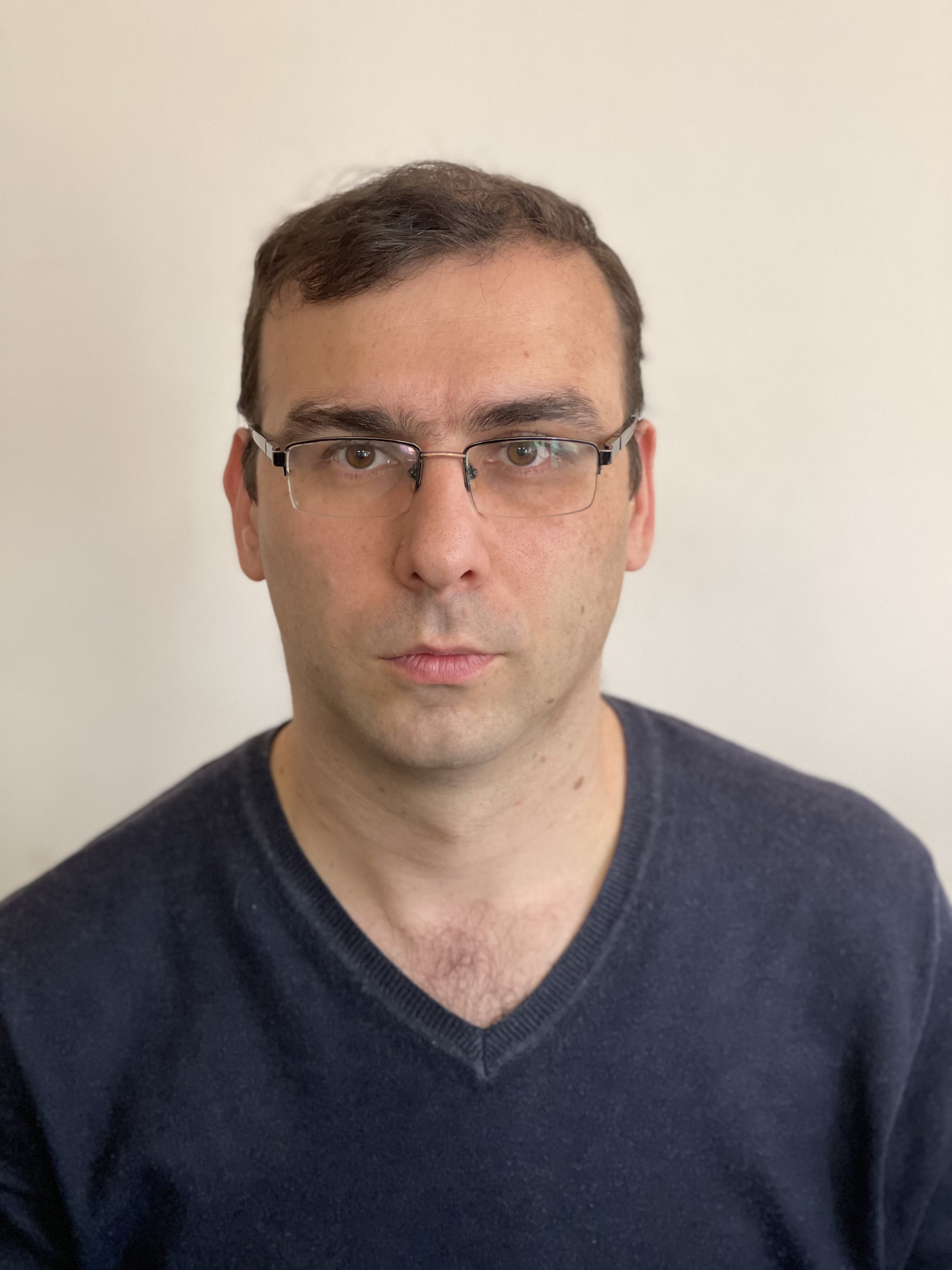
Hayrapetyan David Boris
Doctor of Physical and Mathematical Sciences, Associate Professor, Head of Department
Information
Education:
2006-2009 State Engineering University of Armenia, Doctor of Philosophy, Semiconductor Physics
2004-2006 Yerevan State University, Master of Science, Physics
2000-2004 Yerevan State University, Bachelor of Science, Physics
Work experience:
2018 – up to now, Head of the Department of General Physics and Quantum Nanostructures, Institute of Engineering and Physics, Russian-Armenian University.
2017 – up to now, Head of the Laboratory of Mathematical Modeling of Quantum Systems,Russian-Armenian University.
2014 – up to now, Associate professor, Department of General Physics and Quantum Nanostructures, Institute of Mathematics and High Technologies, Russian-Armenian University.
2014 – 2016,Research scientist, Centre of Quantum Technologies and New Materials, Yerevan State
University
2009 – 2015,Research scientist, “Heliotechnic” Problem Laboratory, National Polytechnic University of Armenia
2009 – 2013, Senior lecturer, Department of General and Theoretical Physics, Russian-Armenian University.
2007 – 2009, Laboratory assistant, Department of General and Theoretical Physics, Russian-Armenian University.
GRANT HEAD:
Current
2021-2023 – Coordinator of Horizon 2020 WIDESPREAD-05-2020 Twinning Program, NanoQIQO, Twinning towards the Russian-Armenian University’s scientific excellence and innovation capacity in nanomaterials for quantum information and quantum optics
2021-2022 - Russian-Armenian Research Collaboration Grant initiated by the State committee of science of Armenia and Russian Foundation for Basic Research, Project 20RF-048, Exciton transport, exciton-exciton interaction, 2D hybrid perovskites, organic-inorganic perovskites, multilayer nanostructure.
2021-2022 – Scientific advisor of the PhD Students Support Program of the State Committee of Science, “Optical properties of magnetobiexcitons in semiconductor quantum dots”, PhD student Yuri Bleyan.
2020-2021 - Principle Investigator of the ANSEF (the Armenian National Science and Education Fund) Award 2020, 20AN:PS-nano-2205, Theoretical and experimental investigation of optical properties of biexctons in quantum dots
2019-2021 - Head of the Project of the Armenian-Italian Research Collaboration Grant initiated by the State committee of science of Armenia, Project AI-01/19, Photophysical investigation of semiconductor quantum dots
Completed
2016 - 2018 – Head of the Project of the Young Scientists Research Support Program initiated by the State committee of science of Armenia, Project 16YR-1C022, Investigation of quantum nanostructures with non-trivial geometry: electronic, excitonic and impurity states, linear and nonlinear optical properties in terahertz range
2015 - 2016 – Principle Investigator of the ANSEF (the Armenian National Science and Education Fund) Award 2015, NANO-3905, Cylindrical quantum dot with different confining potentials in the presence of external electrical and magnetic fields: impurity states and electrostatic multipoles
2012 – Scientific advisor of the Postgraduate Students Support Program-2012 of the State Committee of Science, “Influence of hydrostatic pressure on electronic states and optical properties of spherical quantum dots”
Awards:
2021 - ICO/ICTP GallienoDenardo Award
Scientific interests
- Theoretical investigation of physical properties of semiconductor low dimensional systems, in particularly, optical properties, such as linear and non-linear absorption, photoluminescence, Raman spectra etc..
List of publications
- T.A. Sargsian, M.A. Mkrtchyan, H.A. Sarkisyan, D.B. Hayrapetyan, Effects of external electric and magnetic fields on the linear and nonlinear optical properties of InAs cylindrical quantum dot with modified Pöschl-Teller and Morse confinement potentials. Physica E: Low-dimensional Systems and Nanostructures, 126, p.114440, 2021.
- D.B. Hayrapetyan, E.M. Kazaryan, M.A. Mkrtchyan, H.A. Sarkisyan, Long-wave Absorption of Few-Hole Gas in Prolate Ellipsoidal Ge/Si Quantum Dot: Implementation of Analytically Solvable Moshinsky Model. Nanomaterials, 10(10), p.1896, 2020.
- H.A. Sarkisyan, D.B. Hayrapetyan, L.S. Petrosyan, E.M. Kazaryan, A.N. Sofronov, R.M. Balagula, D.A. Firsov, L.E. Vorobjev, A.A. Tonkikh, Realization of the Kohn’s Theorem in Ge/Si Quantum Dots with Hole Gas: Theory and Experiment, Nanomaterials, 9 (1), 56, 2019.
- C.S. Garoufalis, Z. Zeng, G. Bester, D.B. Hayrapetyan, S. Baskoutas, Optical properties of zig-zag and armchair ZnO colloidal nanoribbons. Chemical Physics Letters, 732, p.136659, 2019.
- D.A. Baghdasaryan, D.B. Hayrapetyan, E.M. Kazaryan, H.A. Sarkisyan, Thermal and magnetic properties of electron gas in toroidal quantum dot. Physica E: Low-dimensional Systems and Nanostructures, 101, pp. 1-4, 2018.
- D.B. Hayrapetyan, G.L. Ohanyan, D.A. Baghdasaryan, H.A. Sarkisyan, S. Baskoutas, E.M. Kazaryan, Binding energy and photoionization cross-section of hydrogen-like donor impurity in strongly oblate ellipsoidal quantum dot, Physica E: Low-dimensional Systems and Nanostructures, 95, 27-31, 2018.
- S.I. Pokutnyi, Y.N. Kulchin, V.P. Dzyuba, D.B. Hayrapetyan, Exciton Spectroscopy of Spatially Separated Electrons and Holes in the Dielectric Quantum Dots, Crystals, 8(4), 148, 2018.
- D.B. Hayrapetyan, E.M. Kazaryan, H.A. Sarkisyan, Magneto-absorption in conical quantum dot ensemble: Possible applications for QD LED, Optics Communications, 371, 138–143, 2016
- D.B. Hayrapetyan, E.M. Kazaryan, T.V. Kotanjyan, H.K. Tevosyan, Exciton states and interband absorption of cylindrical quantum dot with Morse confining potential, Superlattices and Microstructures, 78, 40-49, 2015.
File information

Hayrapetyan David Boris
Doctor of Physical and Mathematical Sciences, Associate Professor, Head of Department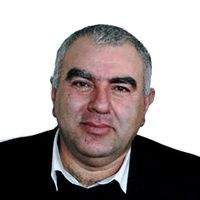
Volodya Harutyunyan
Doctor of Physical and Mathematical Scienses, Professor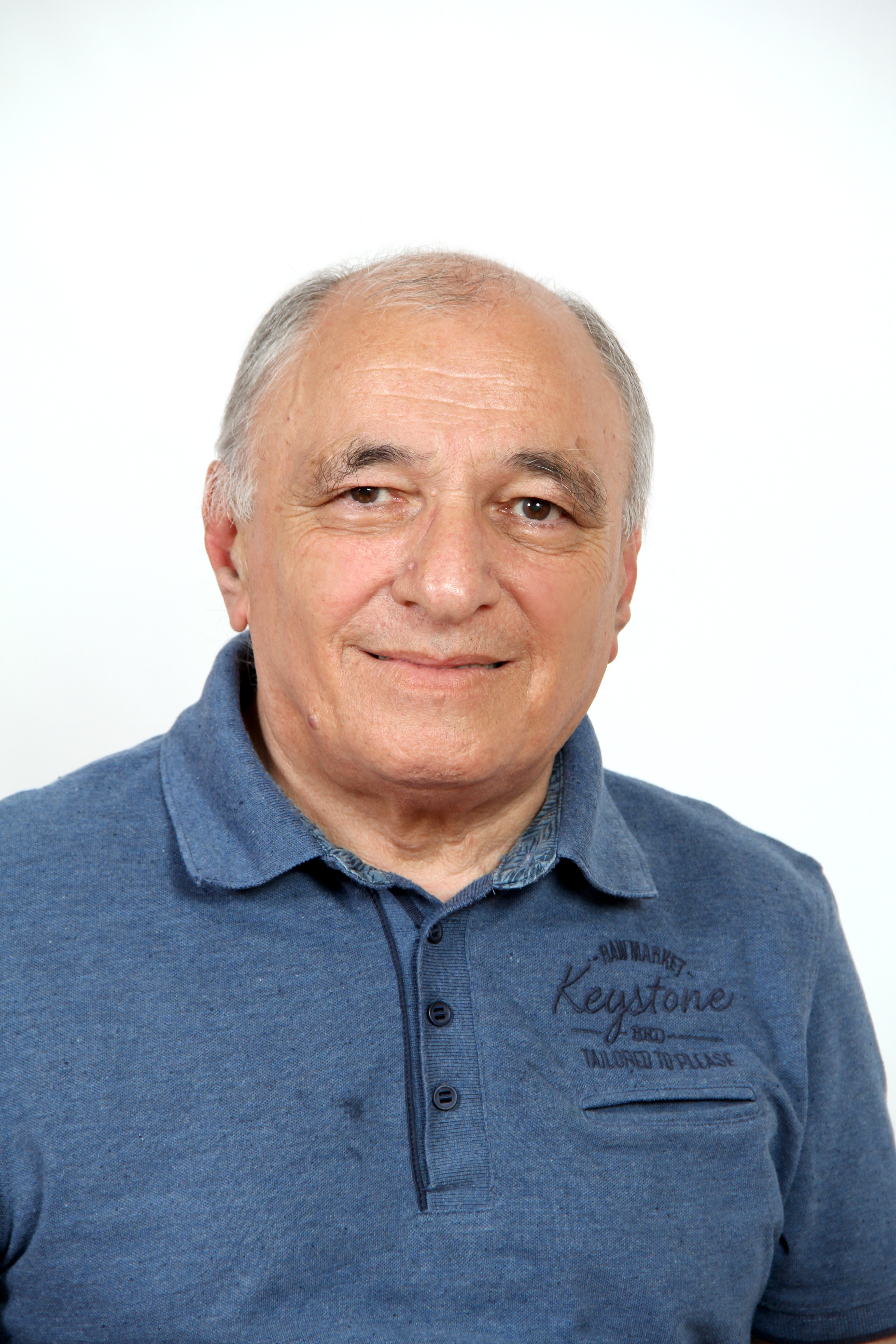
Sos Mailyan
PhD, Associate Professor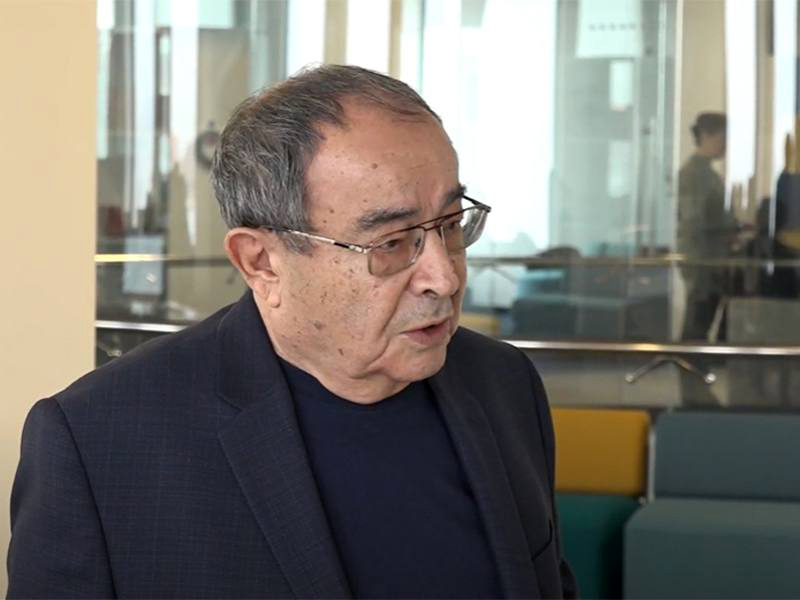
Eduard Ghazaryan
Doctor of Physical and Mathematical Scienses, Professor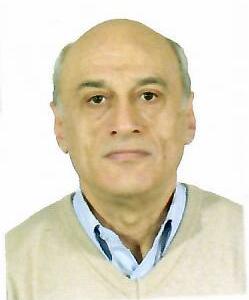
Kamo Aharonyan
Doctor of Physical and Mathematical Scienses, Professor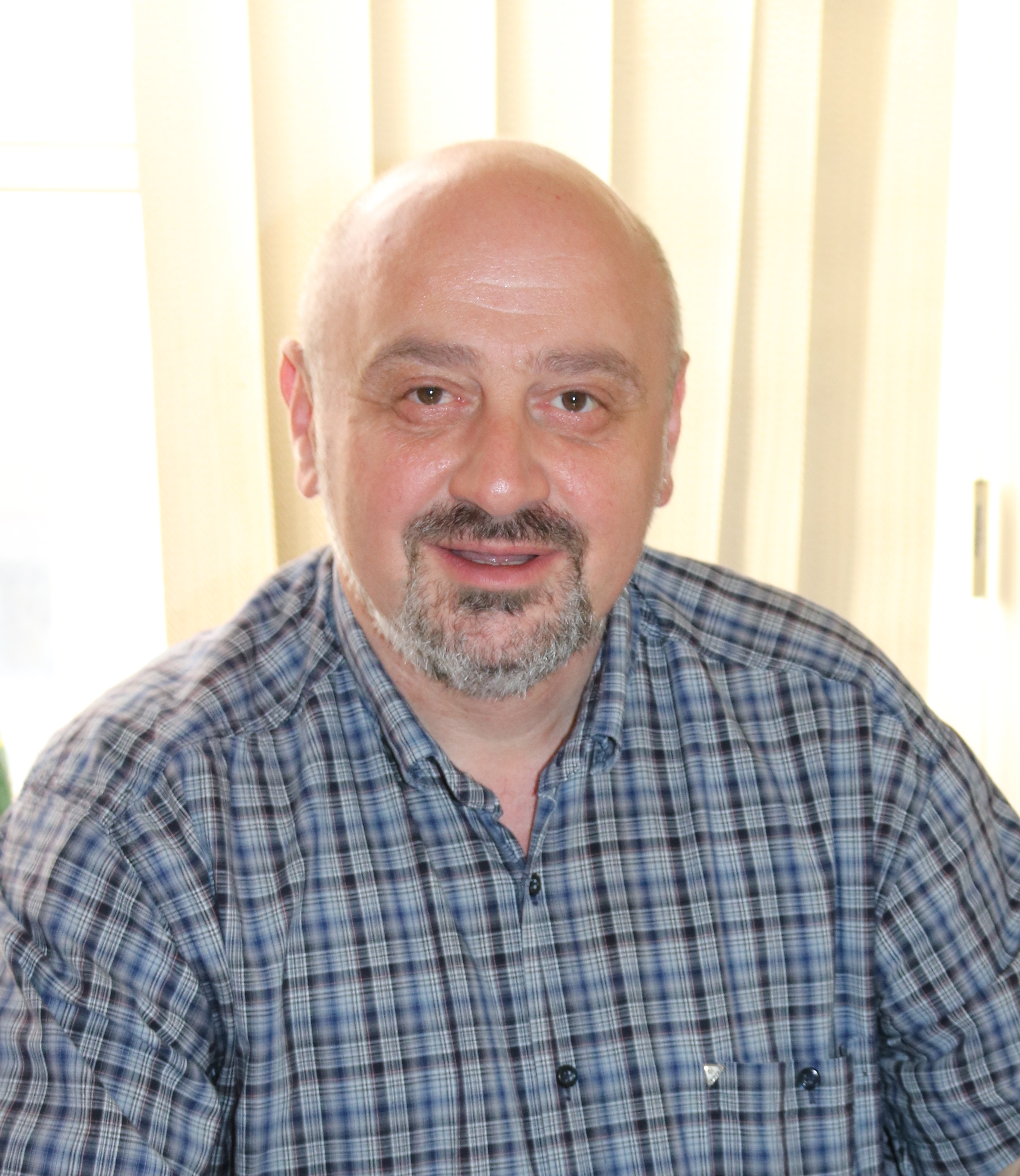
Hayk Sargsyan
Doctor of Physical and Mathematical Scienses, Professor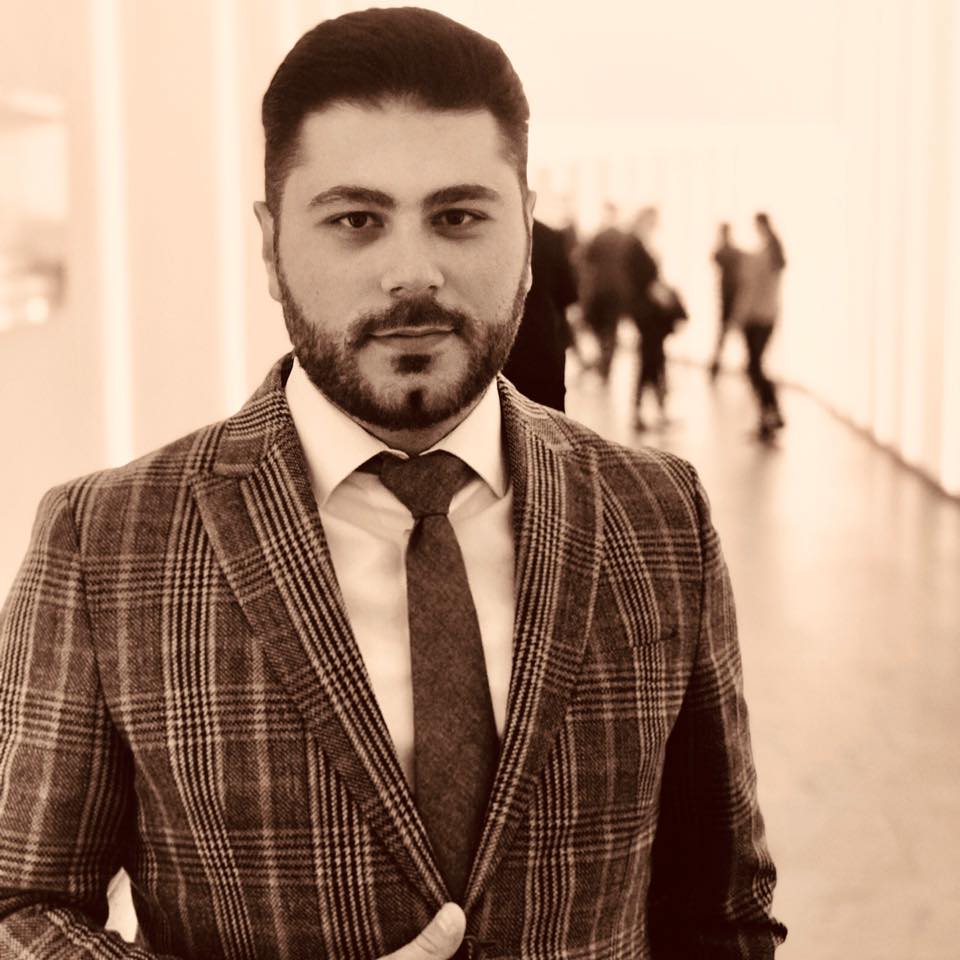
Hovhannes Tevosyan
PhD, Senior Lecturer
Gagik Baghunts
PhD, Associate Professor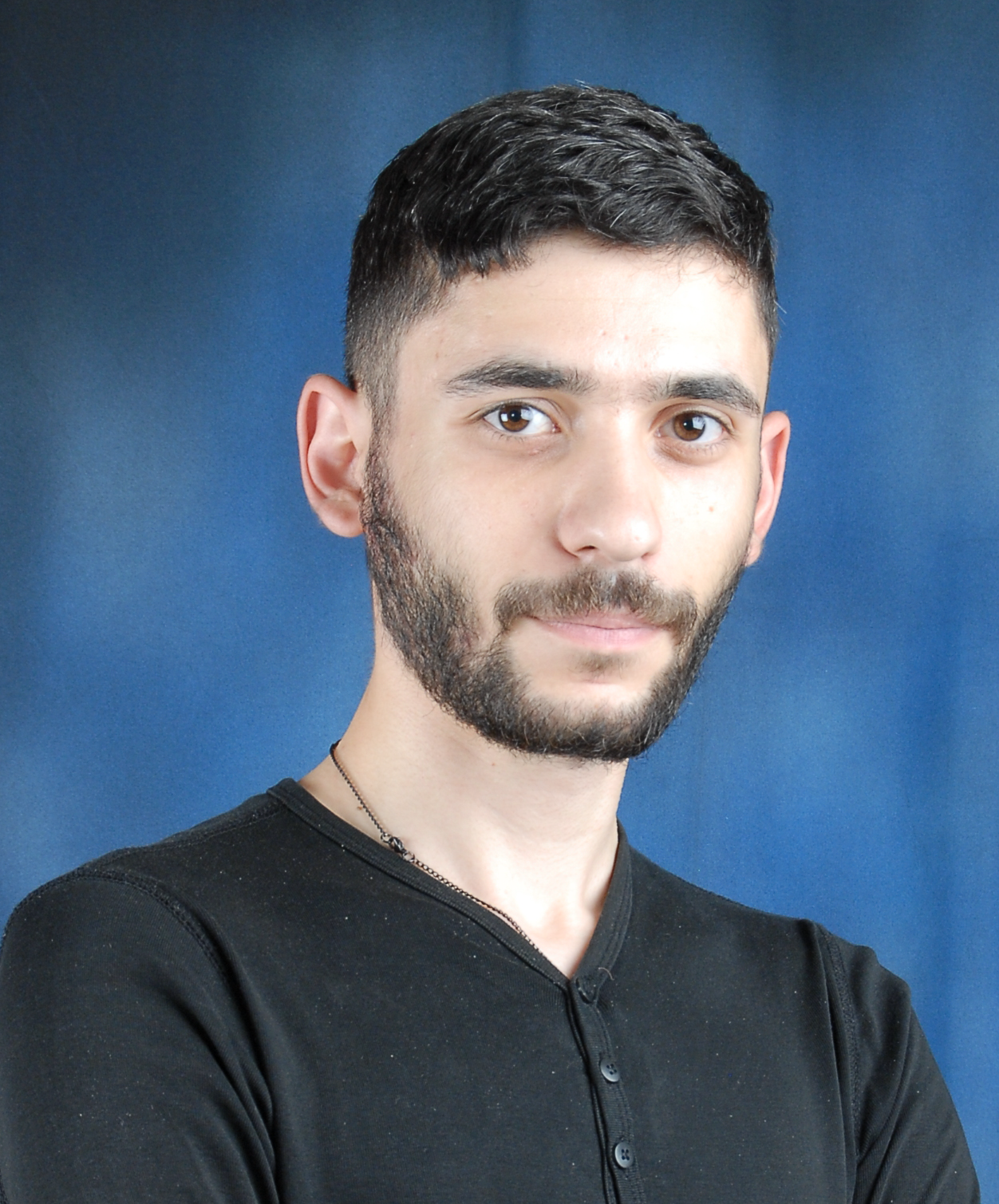
Eduard Hakobyan
PhD, Senior Lecturer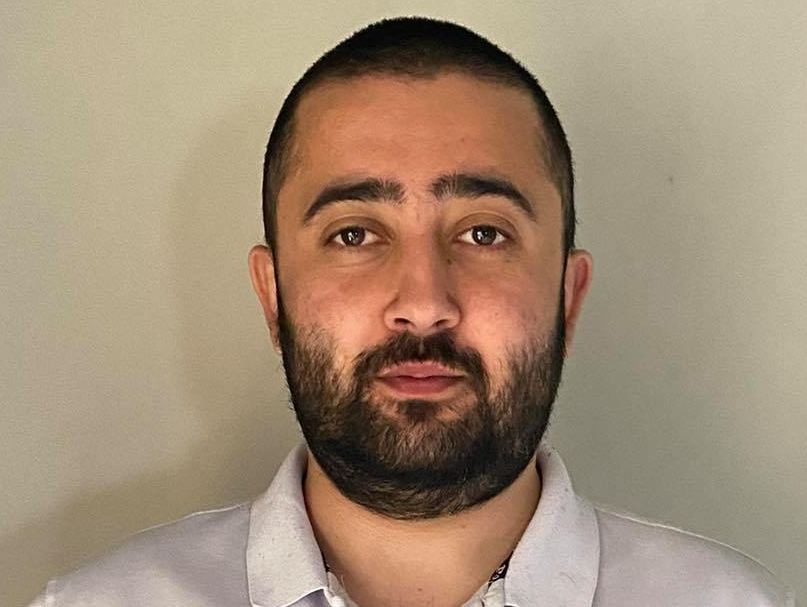
Mher Mkrtchyan
PhD, Senior Lecturer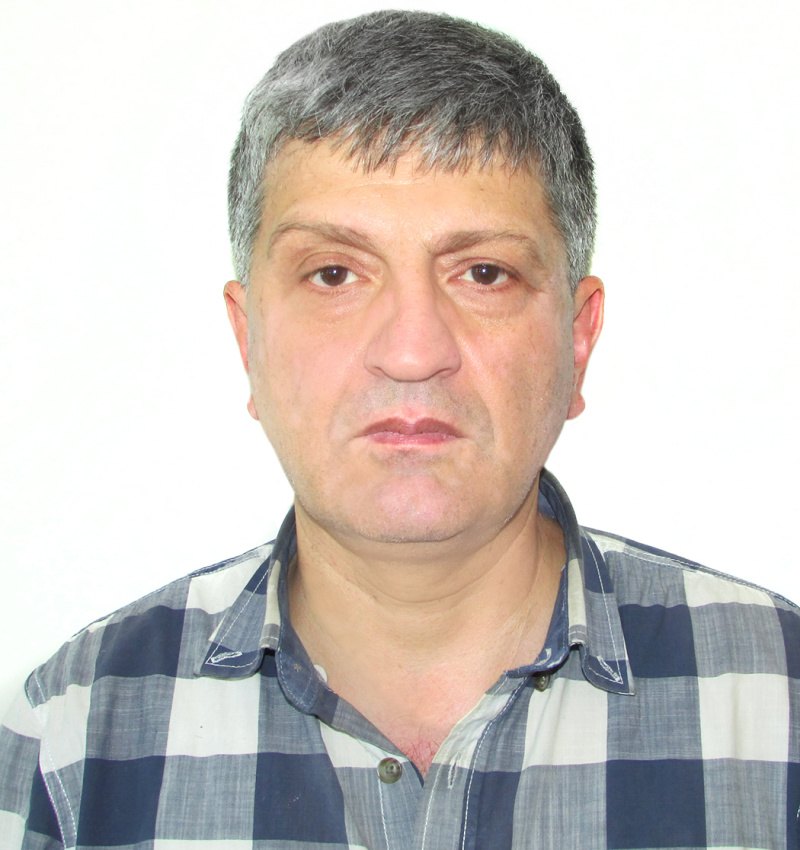
Tigran Hakobyan
Doctor of Physical and Mathematical Scienses, Associate Professor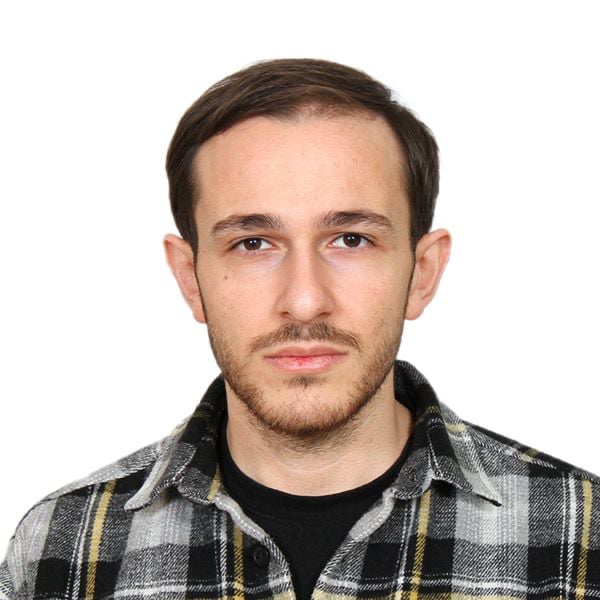
Yuri Bleyan
PhD, Senior Lecturer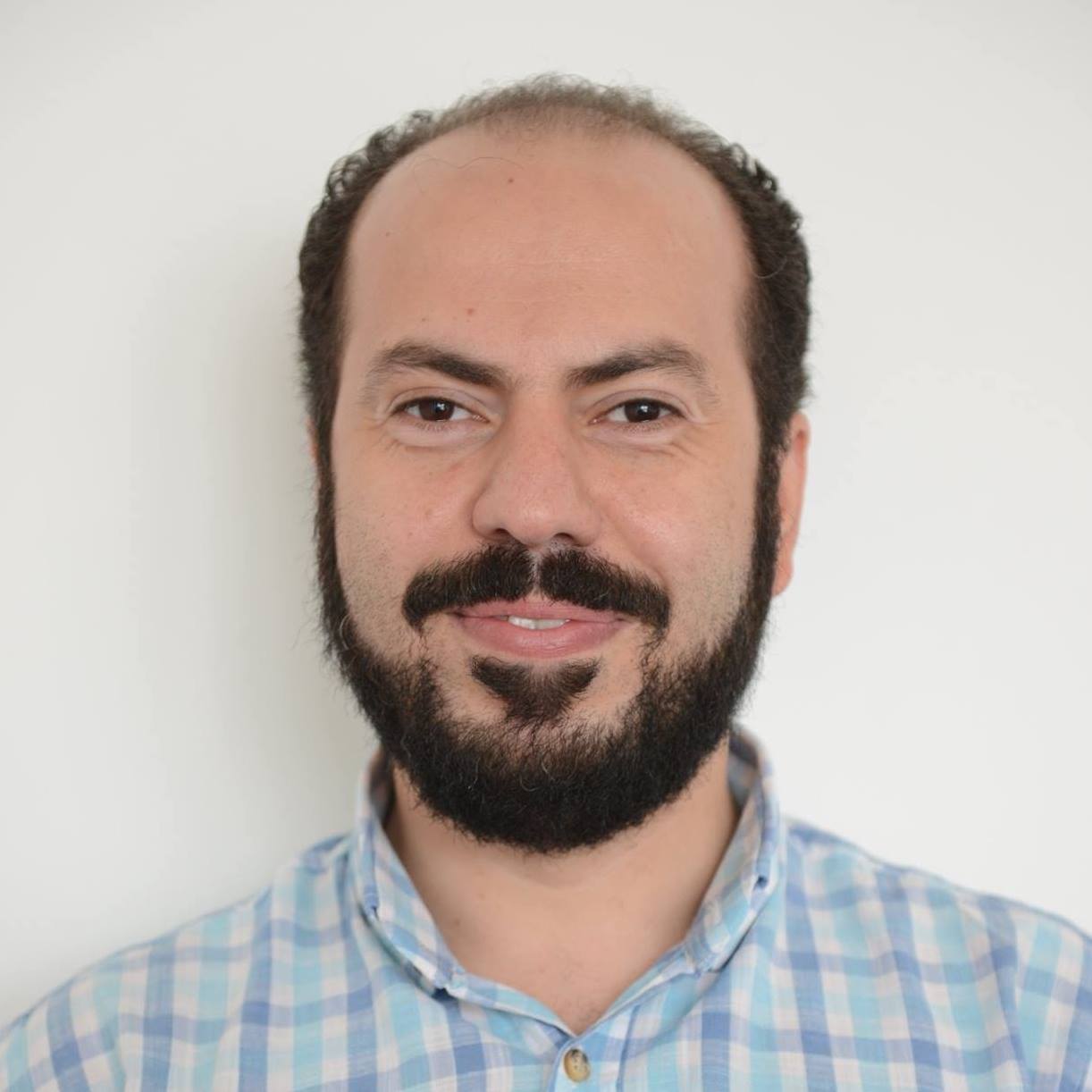
Artavazd Kostanyan
PhD, Senior Lecturer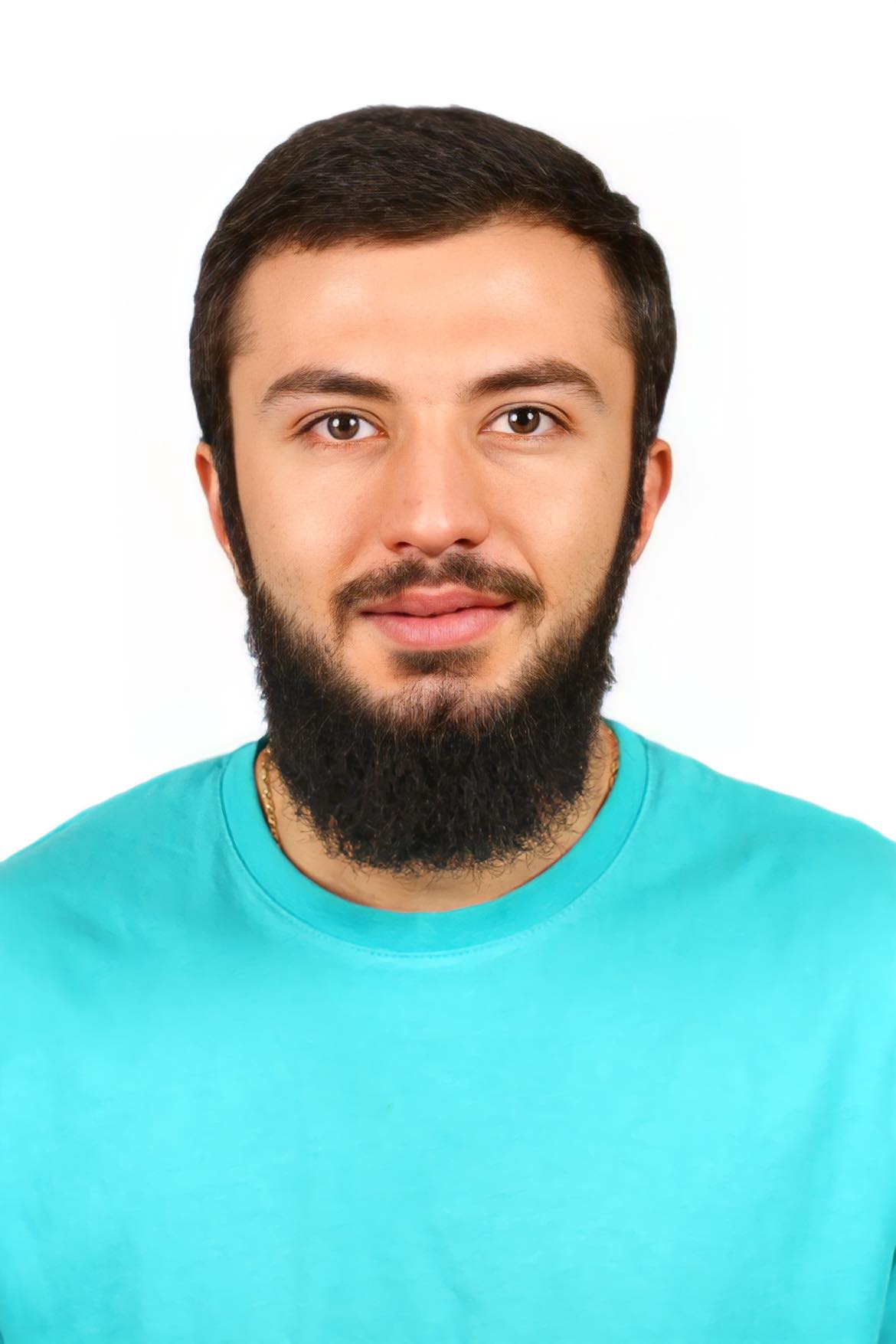
Khachik Khachatryan
PhD, Senior Lecturer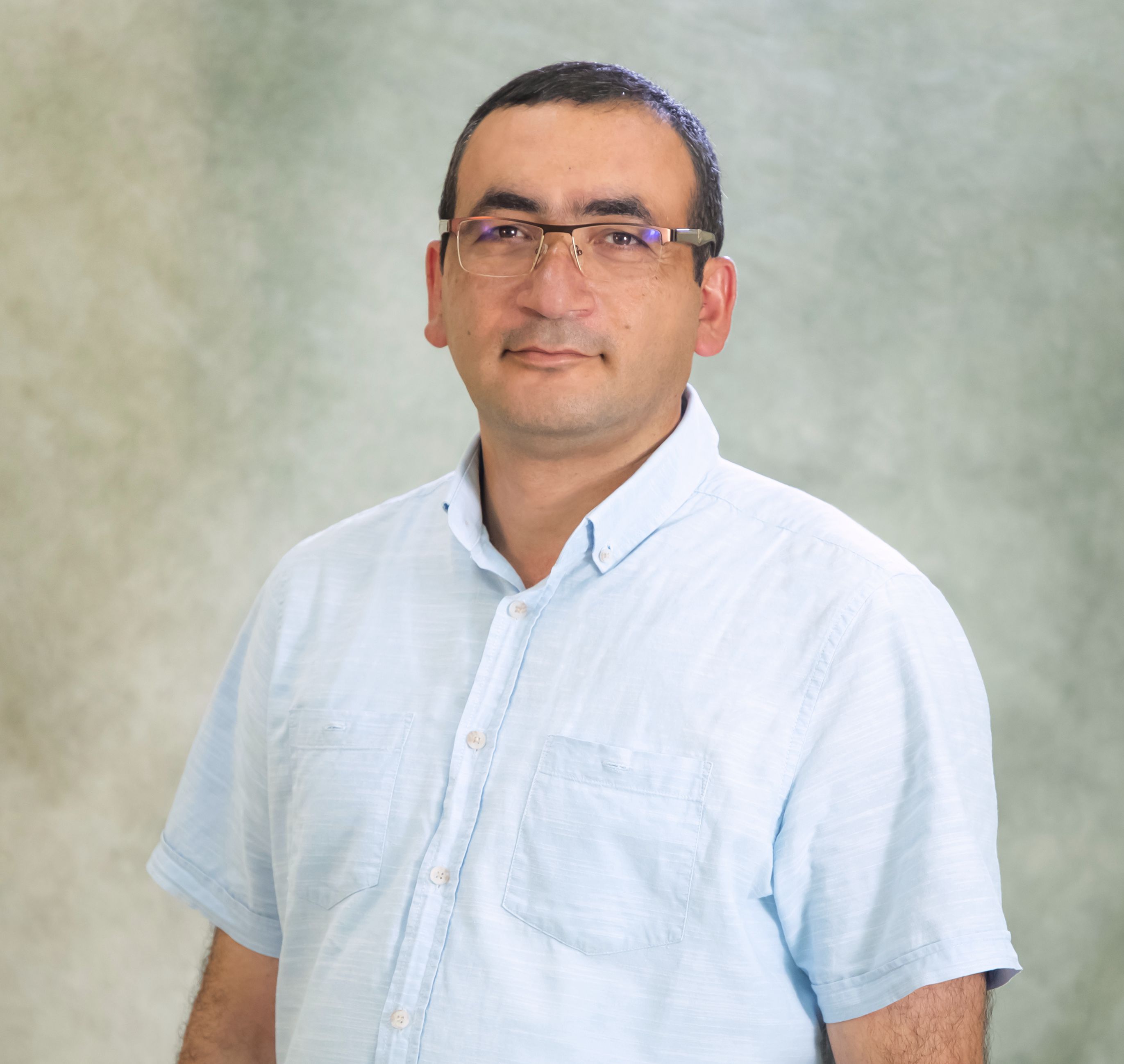
Yeremia Yengibaryan
PhD, Senior Lecturer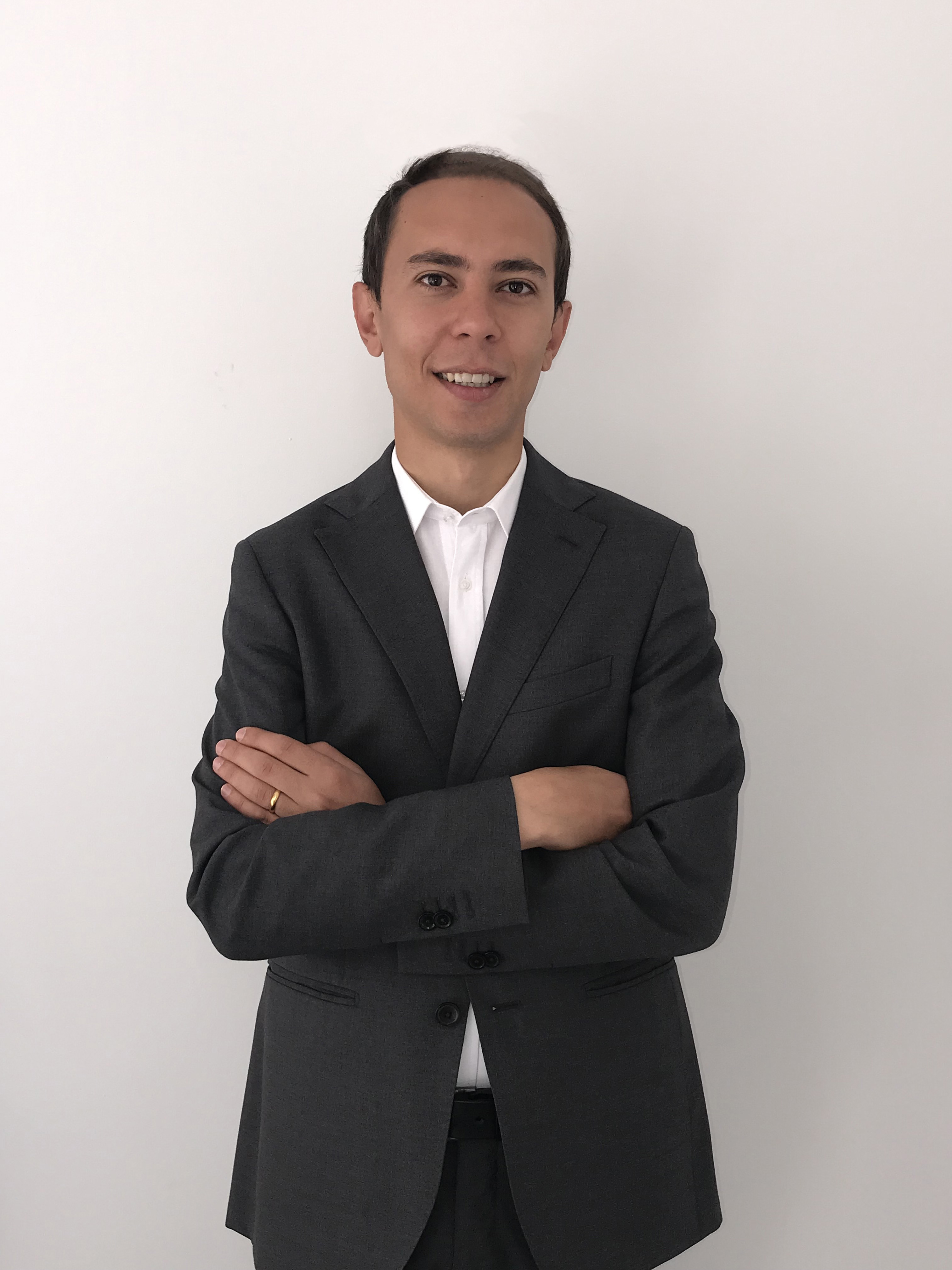
Tigran Chichakyan
Lecturer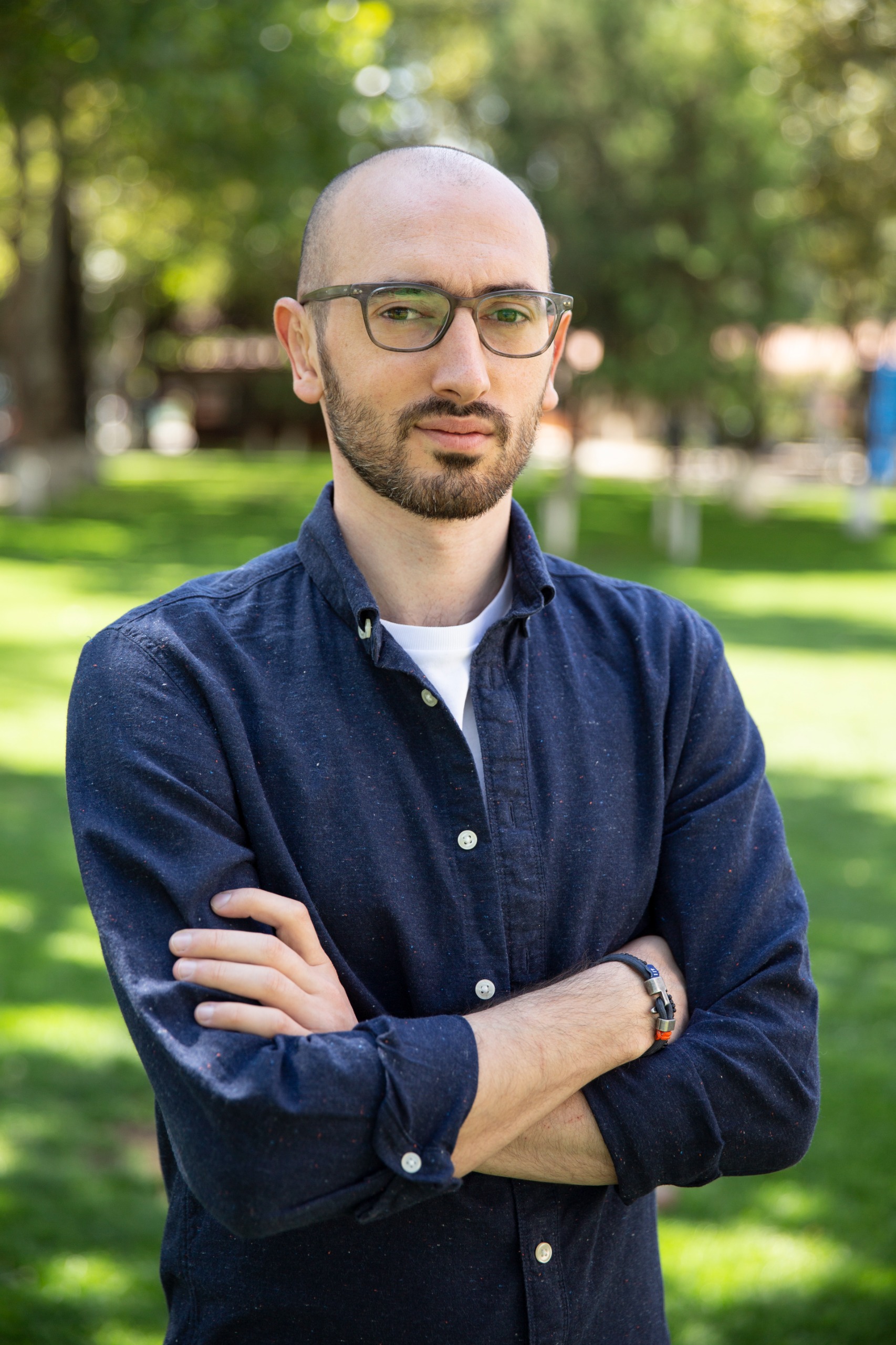
Khachatur Tovmasyan
Lecturer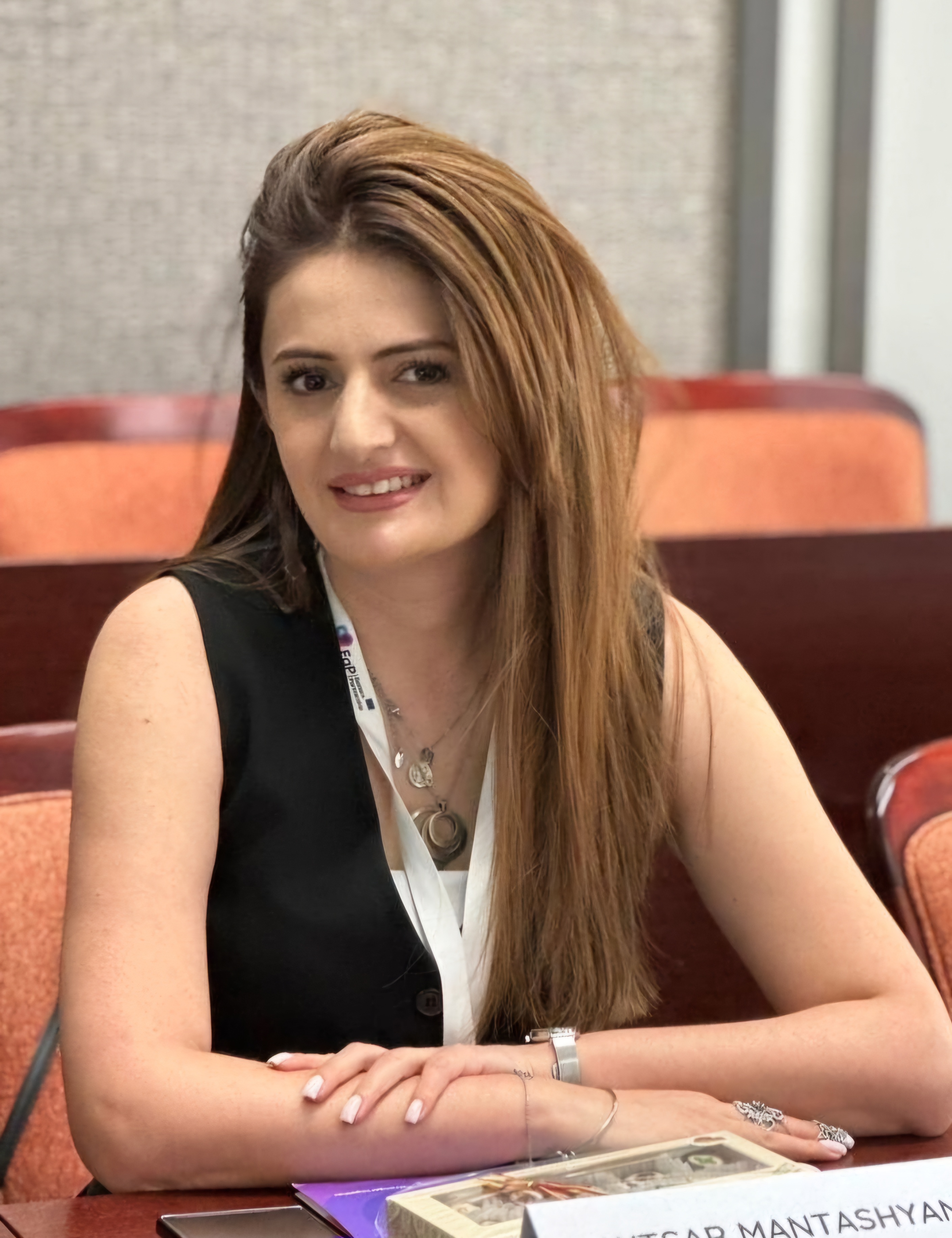
Paytsar Mantashyan
PhD, Lecturer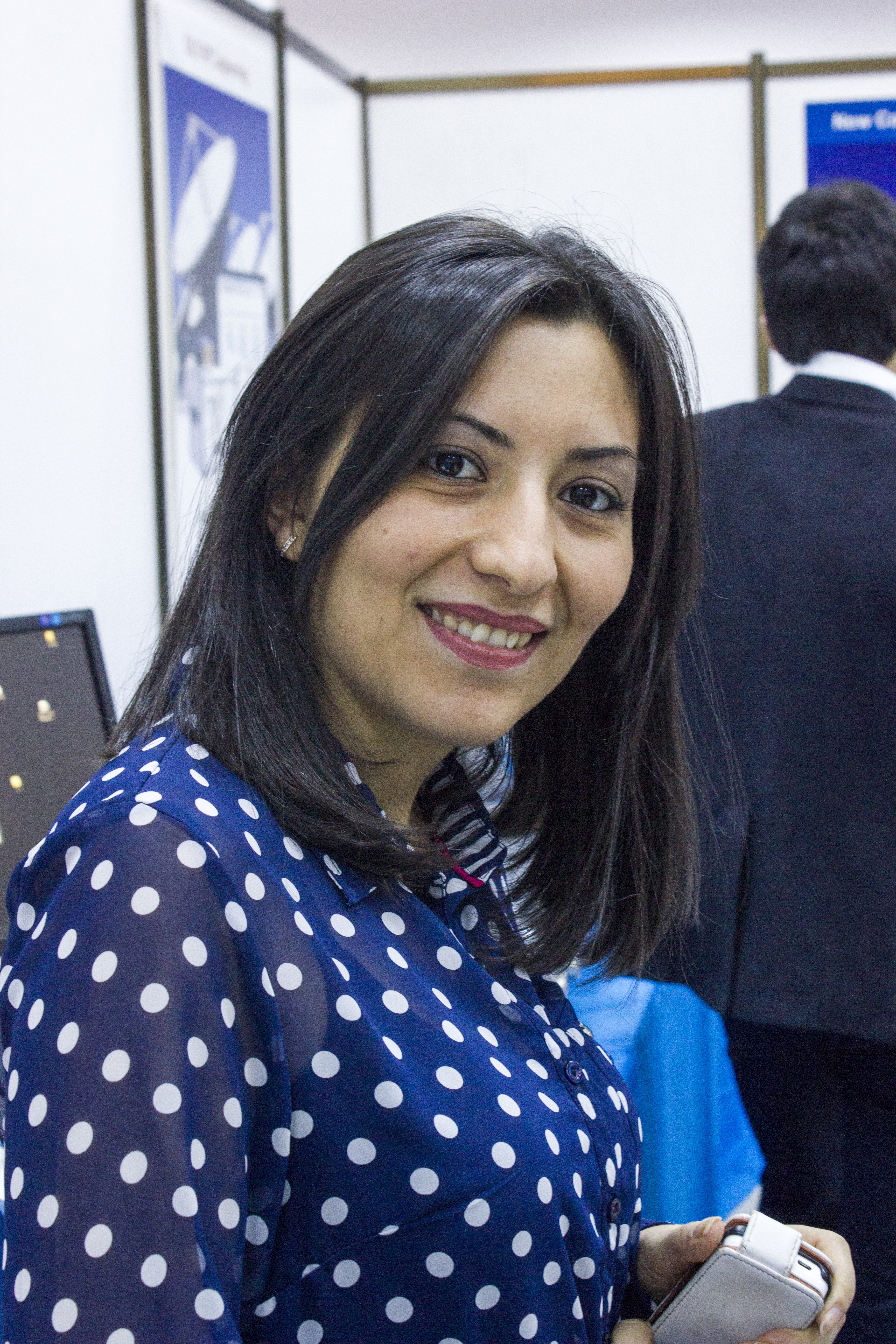
Astghik Kuzanyan
PhD, Lecturer
Aram Nahapetyan
Lecturer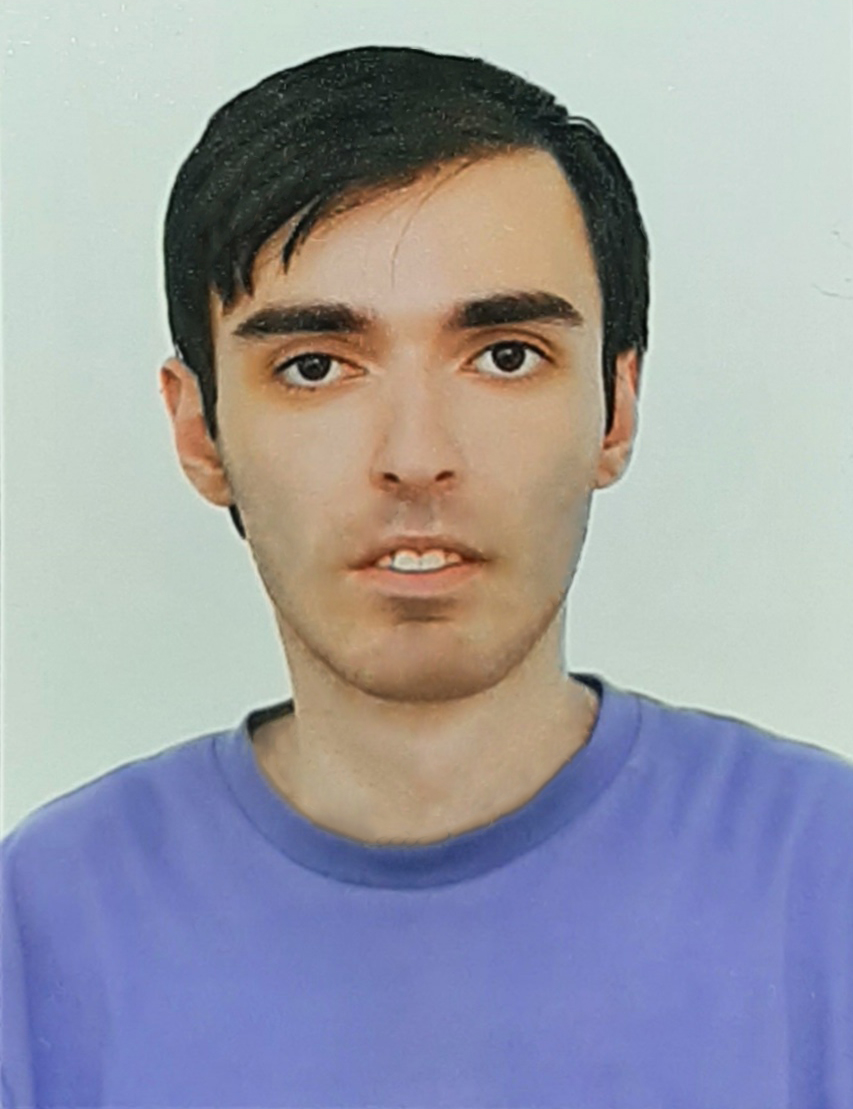
Tigran Sargsyan
PhD, Lecturer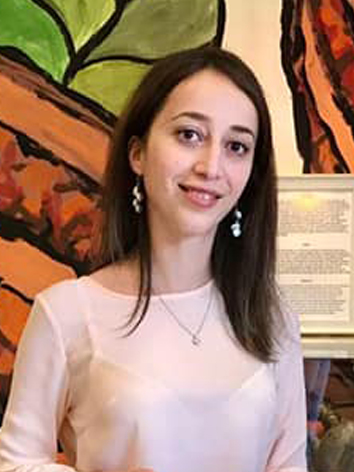
Gayane Chilingaryan
Lecturer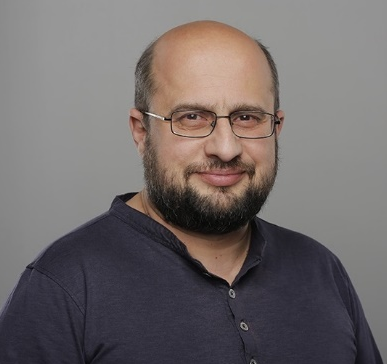
Yevgeni Mamasakhlisov
Doctor of Physical and Mathematical Scienses, Professor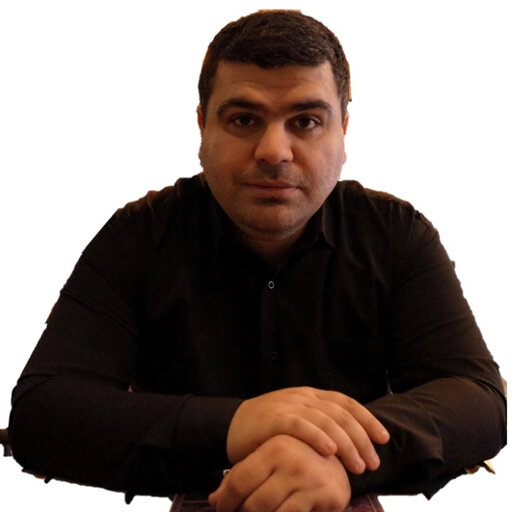
Emil Gazazyan
PhD, Senior Lecturer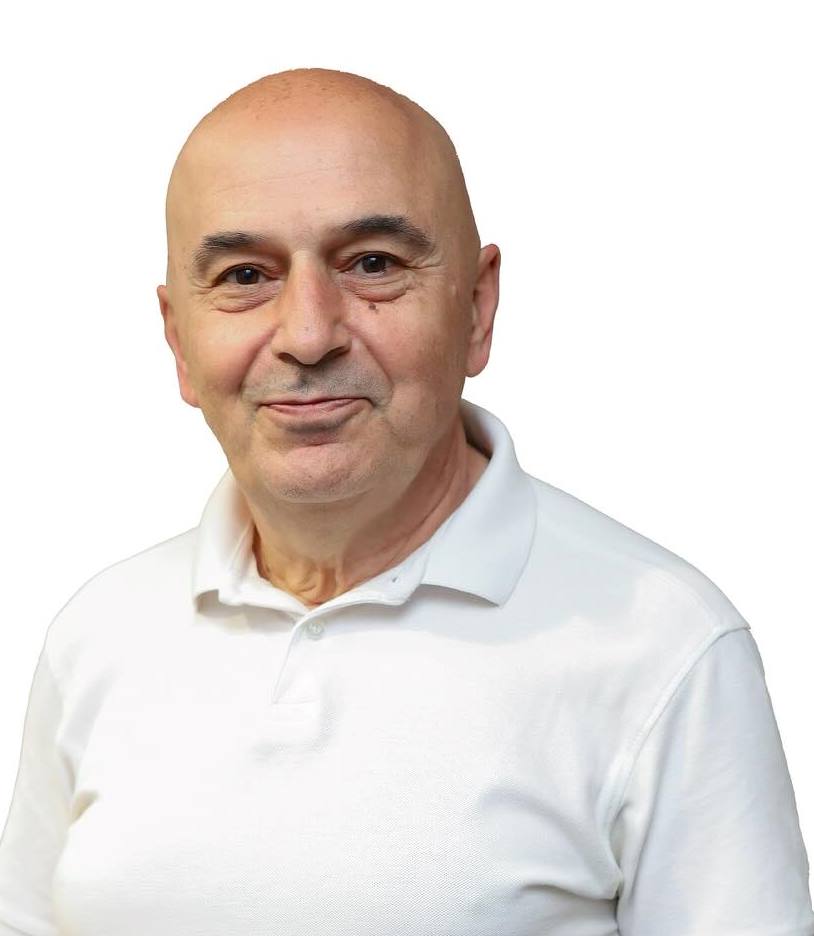
Aram Papoyan
Doctor of Physical and Mathematical Scienses, Professor_page-0001Cxhp3SSUyhi5bSG1619091218RyE4gbZHceVgteT1732516662.jpg)
Vladimir Gevorgyan
PhD, Senior Researcher, Associate Professor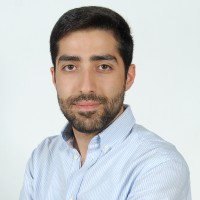
Hayk Zakaryan
PhD, Senior Lecturer
Narek Margaryan
PhD, Senior Lecturer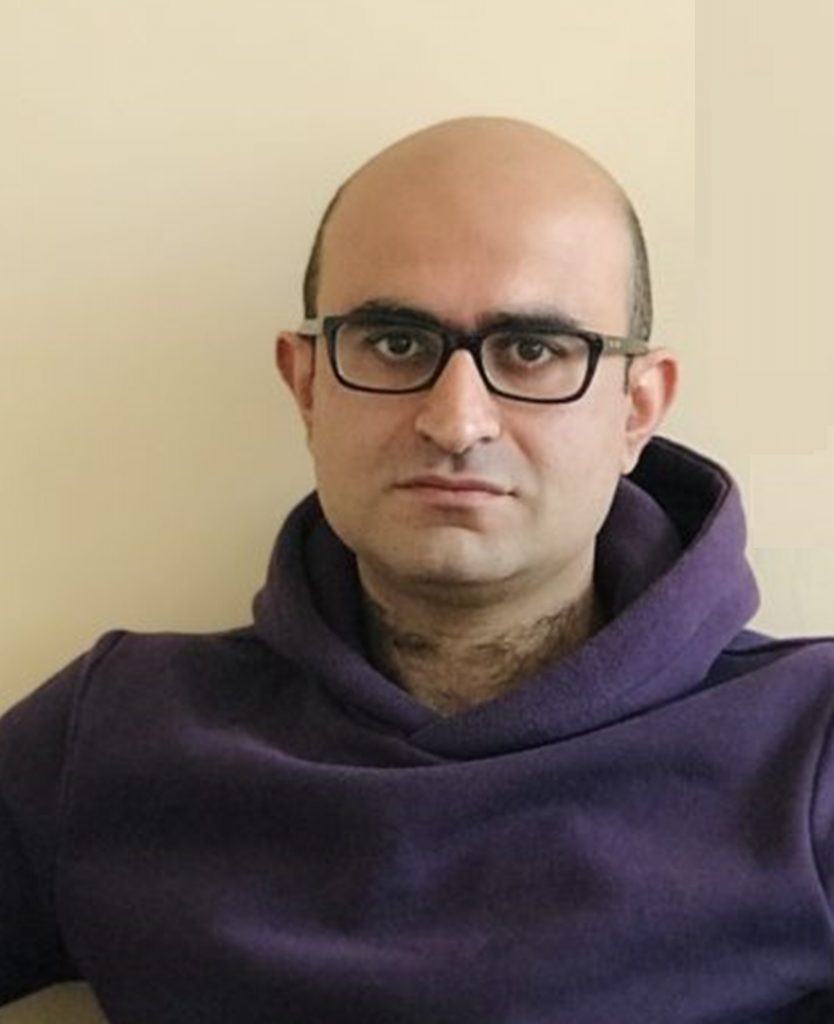
Vahagn Abgaryan
PhD, Senior Lecturer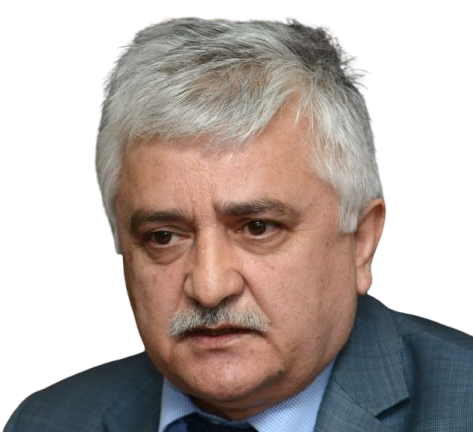
Gagik Melikyan
PhD, Associate Professor
Pavel Muzhikyan
PhD, Senior Lecturer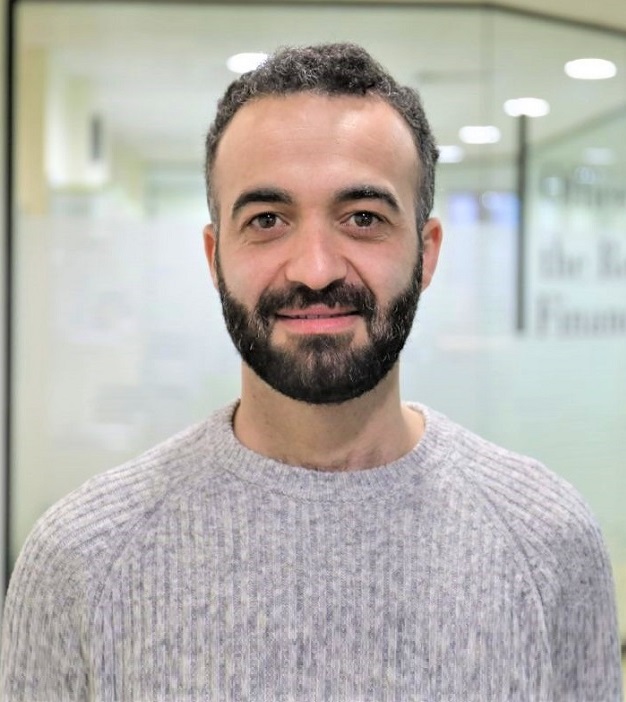
Hakob Avetisyan
PhD, Senior Lecturer



